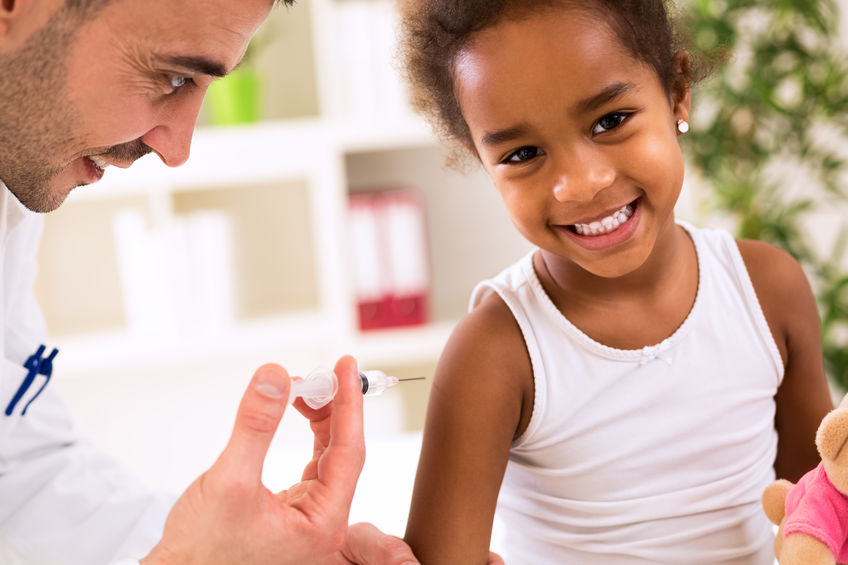
As of this blog post, the FDA is on the brink of approving the Pfizer-BioNTech COVID-19 vaccine for children ages 5 to 11. And for the past several months, children over the age of 12 years old have been receiving the vaccine. We all understand the importance of receiving the COVID-19 vaccine, as well as other vaccines, in order to safeguard our public health. Nevertheless, if you have a child with a fear of shots, getting them to sit down for a vaccine can be easier said than done.
But don’t give up just yet. By taking the right steps, you can help your child ease their fear of shots and get vaccinated like everyone else!
Educate them about vaccines
The less people know about something, the more they fear it. Kids are no different. If you educate your children about how vaccines work, they’ll be less frightened once the time comes to get one. Keep your explanation simple and emphasize that vaccines are here to protect us, not harm us.
Practice beforehand
Another way to lessen your child’s anxiety is to practice getting a shot beforehand. Purchase a toy medical kit and have one person play the doctor and the other play the patient. You can even use one of your child’s stuffed animals to play the role of the patient.
Be an example
Our children model their behavior off of ours. Even if you’re a little nervous about shots, try to exhibit a sense of calm when it’s time for your child’s appointment. You can also try bringing your child with you when it’s time for you to get a shot yourself. While many adults have already received the COVID-19 vaccine, now is the best time to get your flu shot!
Bring a comfort item
When the big day comes, it’s normal for your child to get a little nervous. To help manage their anxiety, consider having them bring a comfort item with them. This could be their favorite blankie, toy, stuffed animal, etc.
The Zoo Factory has plenty of lovable, stuffed animals that can help ease your child’s anxieties. Look through our website to find their next best friend today!
